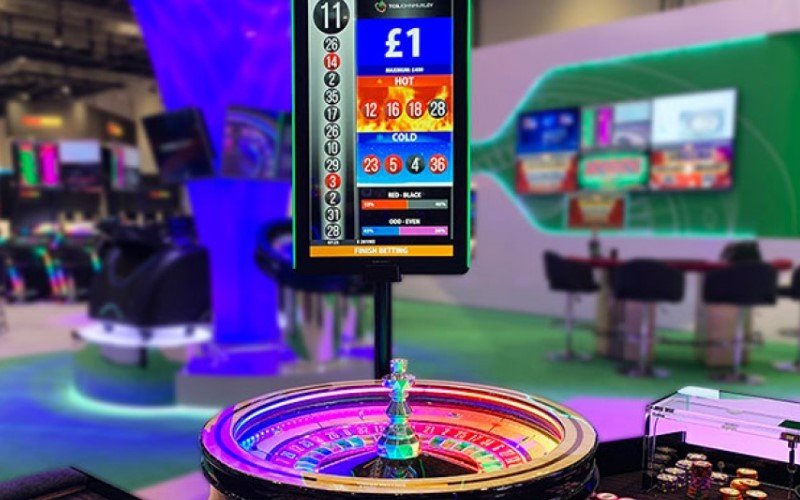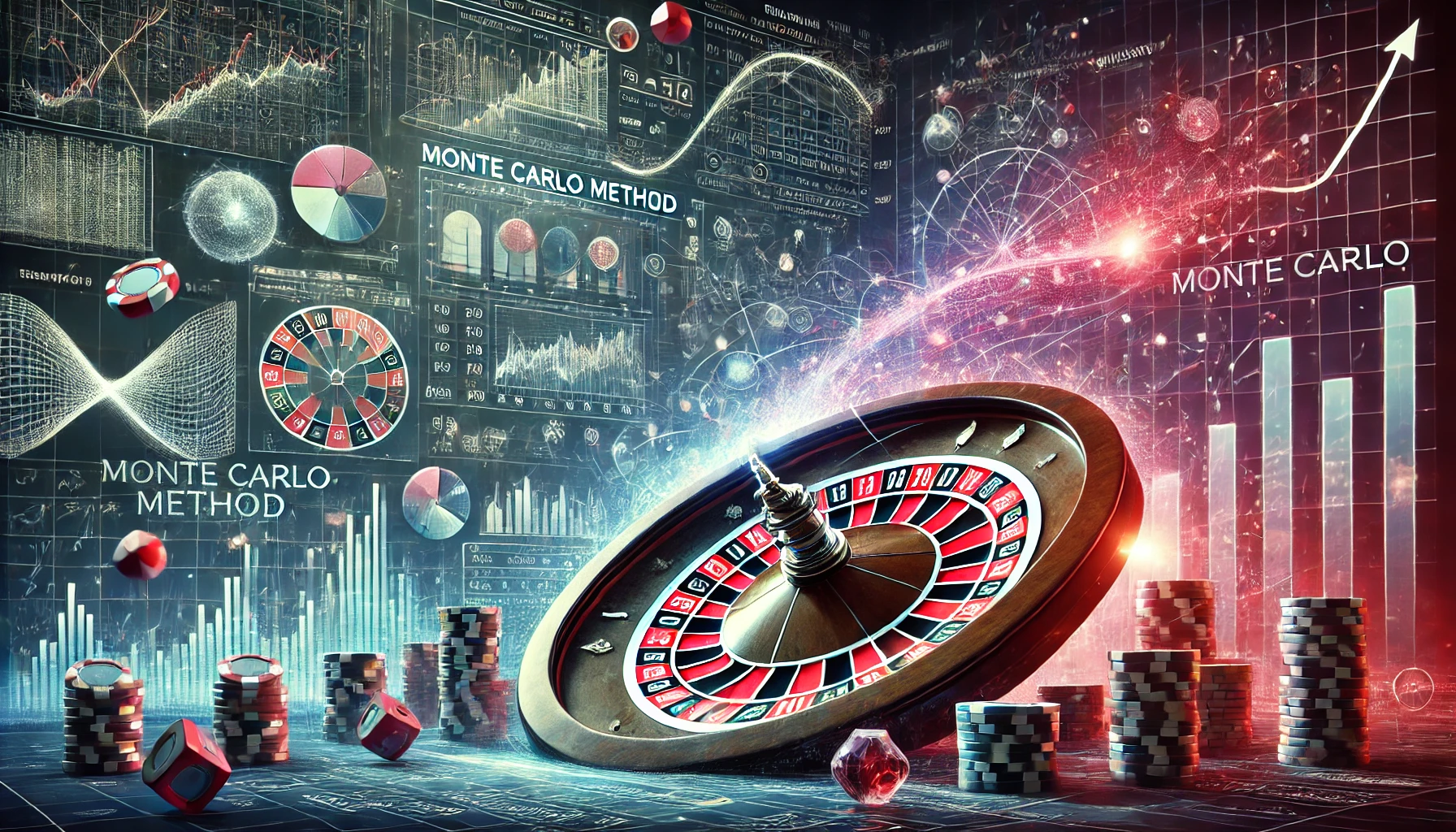Reading stats and researching historical information can be used to gain an edge on the house in certain games and sports, but it can also impair your decision making. There are lots of psychological traps that we can fall into when trying to predict the unpredictable. It can affect virtually any player on any game, from slots to peer to peer poker.
A cognitive bias is a normal response for any gambler, and it is not completely devoid of any reason. But when it overcomes your better judgment, then you can get in hot water, and quickly. Here, we will examine the gambler's fallacy and other typical cognitive biases that can lead gamers down dead ends.
Explaining the Gambler's Fallacy
The gambler's fallacy is the belief that previous outcomes will change the probability of winning in the following rounds of a casino game. This may be the case in games such as Blackjack or Baccarat if the dealer is using a deck of cards and you have been counting them. But believing that it can change the outcome in a game of slots, roulette or craps is not possible.
This term was born in 1913, when a ball landed 26 times on the black in the Monte Carlo Casino. Patrons of the casino lost colossal money thinking that the roulette ball must land on red, and were left astounded when the ball kept falling on black segments.
It pretty much sums up the gambler's fallacy. Because the ball landed so many times on black, the patrons expected it must land on red. But the chance at the start of every round was, and is, always 18/37 (because French Roulette has 37 segments including the green, Zero). In retrospect, the chances of the ball landing on black 26 times is 1 in over 66 million. The mistake here was to assume that the previous outcome has any bearing on the next, and it cost the gamblers millions of Francs.

Other Typical Cognitive Biases
The gambler's fallacy is not the only type of bias that casino games can induce. There are several biases that we can pick up during games, which can affect the way we assess probability.
Recency Bias
This is another spin on the gambler's fallacy, but slightly different. It also alludes to what happened in previous rounds, but instead of considering all the rounds, you are looking at the most recent results. For example, the notion of a loose slot machine. Say you open a game of slots, and after a few dreary minutes of nothing, you start hitting all kinds of payouts and trigger bonus rounds. The recency bias is the illusion that suddenly the probability has changed for the better, and that now the game is just paying your round after round.
This phenomenon is also known to affect sports bettors, who go on to back teams in form without regarding the bigger picture. It does feel good to win, but don't get carried away and assume that the winning will continue. Also, recency bias can be found in near misses on slots. You are not necessarily winning, but it feels like you are getting close to hitting those mega payouts.
Optimism Bias
This bias is quite common among lottery players, who overestimate their odds. Positive thinking is encouraged, but not at the expense of belittling the odds. The likelihood of winning the lottery can be hundreds of millions to one, so you should curb your expectations.
The same can be said for roulette gamers who play straight up bets. There is a 1 in 37 chance that you will win, when playing French Roulette. The odds do not change because you are using your lucky numbers.
Outcome Bias
When winning, some players forget just how fortunate they were, and just focus on the outcome. A player may have won 4 out of 5 blackjack rounds, and think that they are gaining an edge over the dealer. But now let's say that for 3 of those wins, the dealer went bust, and on the fourth, they hit on 16 and got 21.
An element of luck always comes into play, and sometimes we overestimate our abilities after a few winning rounds. This can lead to the assumption of being on a winning streak, or that fortune will turn in our favor. It is rarely the case. Outcome bias is perhaps more prominent in sports betting. A struggling MLB team may win 3/4 games in one series and then 4/5 in the next. But the stats say that they only win when the scoring is under 5.5 rounds, and they never win by more than 1 run. The results are important, but the results do not suggest the team is particularly dominant in their games.
Confirmation Bias
This is a notion similar to following the crowd, in which a gamer will seek information from others that back their hunches. You can find confirmation bias in a sports bettor who reads daily free betting tips. They are sure that the experts have got it right, and use that to fuel their confidence. But it does not really change what will happen in the game.
Another area where confirmation bias can be found is in blackjack strategies. These are strategies that tell you what to do in any given situation. They are proven to increase your odds against the house, but they will not win every single time. Just because the basic blackjack strategy told you to hit on 16, doesn't mean you will get a 5. Or a more popular one. If you have a hand value of 11, almost all strategies will tell you to double down. The odds are higher, and you have a good chance to make a blackjack, but it is no guarantee that you won't draw a measly 2 or 3.

Streaks Bias
The gambler's fallacy looks at previous outcomes and changes how we perceive the odds for the next rounds. Streaks are pretty much the same, but they have added emotional responses. Winning streaks can mislead players to bet higher stakes and attempt to make money quicker. When they lose, some players then respond by betting aggressively to win back their money. “After that, I will call it quits”.
Losing streaks are just as dangerous, as gamers may feel forced to go for longer odds wagers or make bets they wouldn't otherwise do. These fallacies are difficult to shake off, and they most frequently lead to losses.
Bias on Control
A lot of players don't like slots because they don't have the same feeling of control as they would playing any other game. In blackjack, you can decide whether to stand, hit or pursue any of the other actions. In roulette, you can diversify your bets and control how much risk for reward you play for. Similarly, you can make a strategy for playing baccarat or craps. On slots, there is very little you can do apart from set a stake. Perhaps you can decide how many paylines you want to play (always play with the maximum number), or instantly trigger bonus rounds through bonus buy games (though they do not guarantee profit).
The illusion of control can bias players to thinking they have a better chance of winning playing those games instead of slots. However, there is always a house edge to beat. It doesn't matter if you reduce it to 0.5% counting cards at blackjack or using a strategy. Control does give players more to think about and do when the gamble. But it does not necessarily mean you will win because you have a level of control.
How to Avoid Biases and the Gambler's Fallacy
Emotional responses are not a bad thing, not by any means. The whole reason we enjoy gambling is the thrill of risk. It can bring an equal measure of rewards and loss, but we enjoy the game. Essentially, we play for these emotional sensations, but you should be aware that they can work against you.

Controlling your bankroll is a good way to ensure you don't get carried away with winning or chasing losses. Legitimate and licensed online casinos provide users with tools such as deposit limits, which can be set to ensure you don't spend more than you should.
Another thing to consider is your gaming time. The longer you play, the more tempting it will be to fall back on biases and try bets that you wouldn't otherwise. It can also be more difficult to stop after longer periods of time, a theory called the sunk cost fallacy. But you can set reality checks to ensure you don't play through all your time and money.
Stick to the Plan and Play for the Thrills
Ultimately, it is impossible to completely avoid bias. Every gamer has experienced a certain degree of bias whilst gaming. But you don't have to let it take over your natural instincts. If you want the edge on the house, you should know about the relationship between the probability and the odds. Then, you can look for ways to build strategies to overcome the edge.
It will still not guarantee wins, but you should expect both victory and defeat whilst gaming. Even the luckiest gamblers lose. However, through a sturdy bankroll management strategy, you can mitigate these losses.

 1 month ago
84
1 month ago
84







![Anime Reborn Units Tier List [RELEASE] (November 2024)](https://www.destructoid.com/wp-content/uploads/2024/11/anime-reborn-units-tier-list.jpg)
